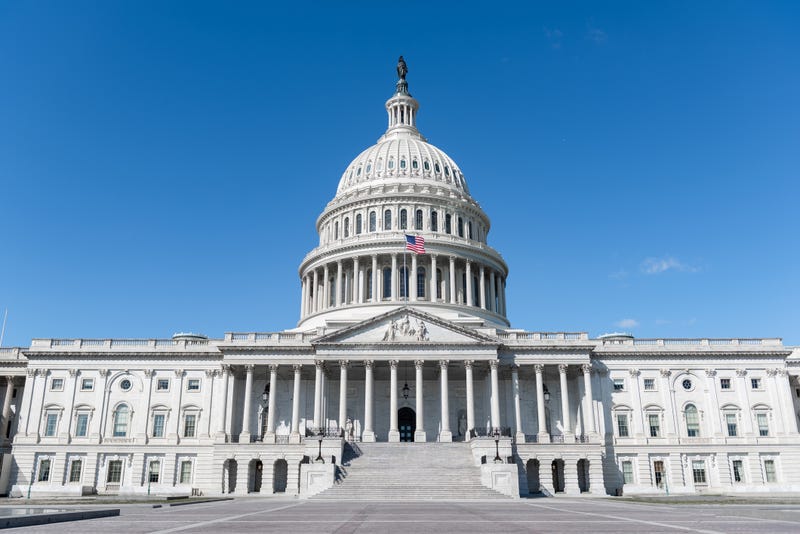
With Congress getting closer to a deal to reopen the government, it can be tough to tell who’s winning and who’s losing.
The reality, says political analyst Dr. Ed Chervenak, is that victory often depends on perspective.
Historically, both sides tend to claim success as negotiations move toward restoring government funding but Chervenak says that’s really just politics.
He notes that, in the end, lawmakers wind up compromising the same way they could have from the start.
"It's just that we have become so polarized that it is increasingly more difficult to come up with a compromise."
While a clear winner may not emerge, Chervenak says it’s the American people who lose every time. Beyond the political fallout, the impacts to industries can cause major ripple effects across the economy.
"Federal employees aren't being paid, the air travel industry is struggling, folks who depend on benefits can't get what they need."
There have been 15 funding gaps since the Civiletti opinions established the modern shutdown process.
Most were brief or fell over weekends with limited disruption. But four shutdowns lasted four or more business days, including the record 34-day shutdown from December 2018 to January 2019.
The most recent funding gap, which began October 1, 2025, remains ongoing.

